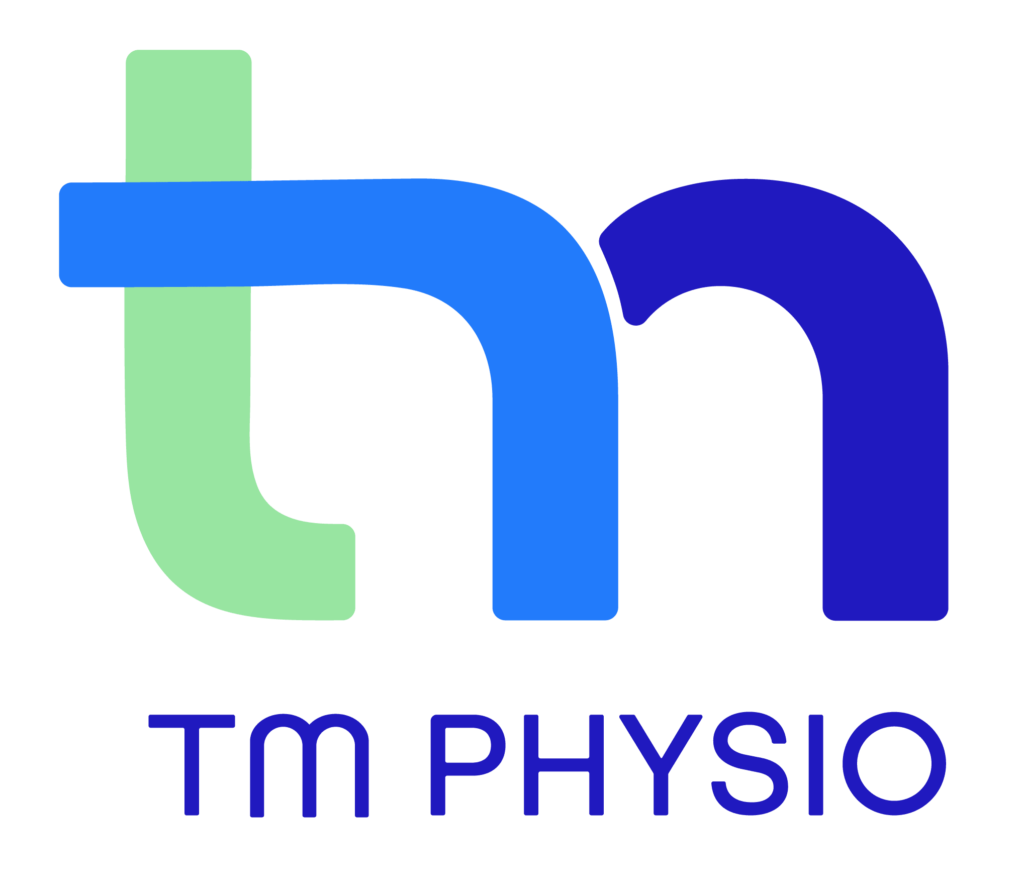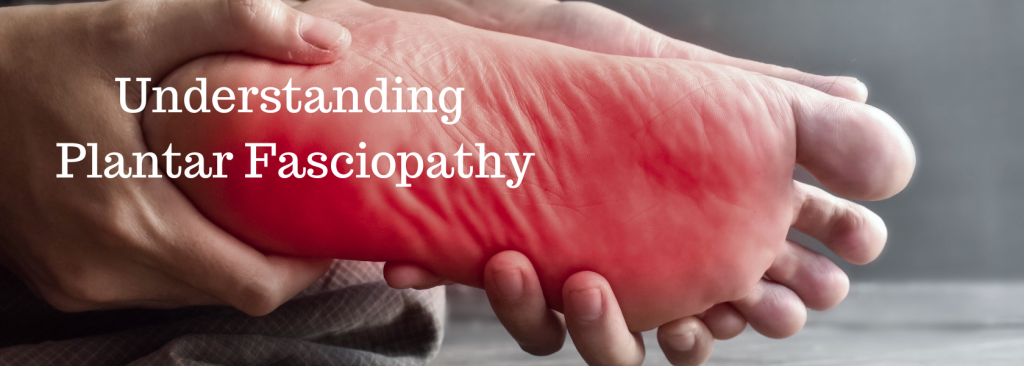Are your feet staging a revolt every morning? Do you wake up and dread the idea of planting your feet on the floor? It could be plantar fasciopathy. Or perhaps they stage a footsie rebellion after every marathon standing session (and if you work on your feet – that’s always!). If so – it’s time to show your feet some TLC. At TM Physio our physiotherapists can help you manage this condition with tailored treatment. Call us at 62549889 to book an appointment today. In the meantime, let’s understand what’s going on.
What is Plantar Fasciopathy?
Plantar fasciopathy, commonly referred to as plantar fasciitis, involves inflammation or degeneration of the plantar fascia – the thick band of tissue that runs along the bottom of your foot, connecting your heel bone to your toes. This condition can cause significant heel pain, particularly during the first steps in the morning or after prolonged periods of inactivity and when climbing stairs or ladders.
Causes and Risk Factors (AKA – Why Me?)
Overuse from high-impact activities like running or dancing puts excessive strain on the plantar fascia. Likewise, an abnormal walking pattern can increase stress on this tissue over time. Wearing improper footwear that lacks adequate arch support or cushioning can exacerbate the condition. And maybe you got away with some or all the above for years, but as you reach middle age it’s caught up with you. It’s reported most frequently by people between the ages of forty and sixty!
The Importance of Core Strength
Good core strength plays a crucial role in managing plantar fasciopathy. What do planks and mountain climbers have to do with your feet? Well, strong core muscles help maintain proper posture and alignment, reducing the strain on your lower limbs and feet. Incorporating core-strengthening exercises into your routine can support your recovery and prevent future episodes. You didn’t really need another reason to strengthen your core. But if pilates can reduce the pain in your plantars, then it’s time to get yourself to a class!
Taping Techniques to Offload the Plantar Fascia
Taping can provide immediate relief from plantar fasciopathy by offloading the plantar fascia, reducing tension, and alleviating pain. Physiotherapists often use specific taping techniques to achieve these benefits. Below are two common methods:
– Low-Dye Taping
This method supports the arch and reduces strain on the plantar fascia. It involves applying strips of tape in a particular pattern to support the arch and heel, providing stability and pain relief.
– Kinesiology Taping
Kinesiology tape can be applied to the foot to facilitate movement and improve blood flow, helping to reduce pain and inflammation.
What About Orthotics?
Orthotics can be an effective tool in managing plantar fasciopathy. Custom orthotic devices are designed to provide support, correct foot posture, and distribute pressure evenly across the foot. Depending on the severity of your condition, you may benefit from a visit to a podiatrist for custom orthotics, though over-the-counter options can also offer significant relief. We’ll be able to provide advice during your initial appointment.
Steps to Recovery
- Rest: Allow sufficient time for healing by avoiding high-impact activities that may aggravate the condition.
- Stretching and Strengthening: Incorporate stretching and strengthening exercises for the plantar fascia, Achilles tendon, and calf muscles. This helps improve flexibility and support the foot.
- Gradual Increase in Activity: Slowly reintroduce low-impact activities, gradually increasing intensity as your symptoms improve. Ensure you wear supportive footwear, including an orthotic if it has been prescribed.
- Monitoring and Adjustment: Regularly monitor your progress and make necessary adjustments. If you experience any setbacks, consult your physiotherapist for advice.
Conclusion
Plantar fasciopathy can be a painful and debilitating condition, but the right treatment from the physiotherapists at [insert clinic name here] can help you find relief. Strengthening your core, using effective taping techniques, considering orthotics, and following a gradual return-to-play program are all essential steps in managing this condition. Contact us at 6254 9889 to book an appointment with our experienced physiotherapists.
PS: We’re on social media. Why not follow TM Physio on Facebook or Instagram for more fascinating physiotherapy facts?


